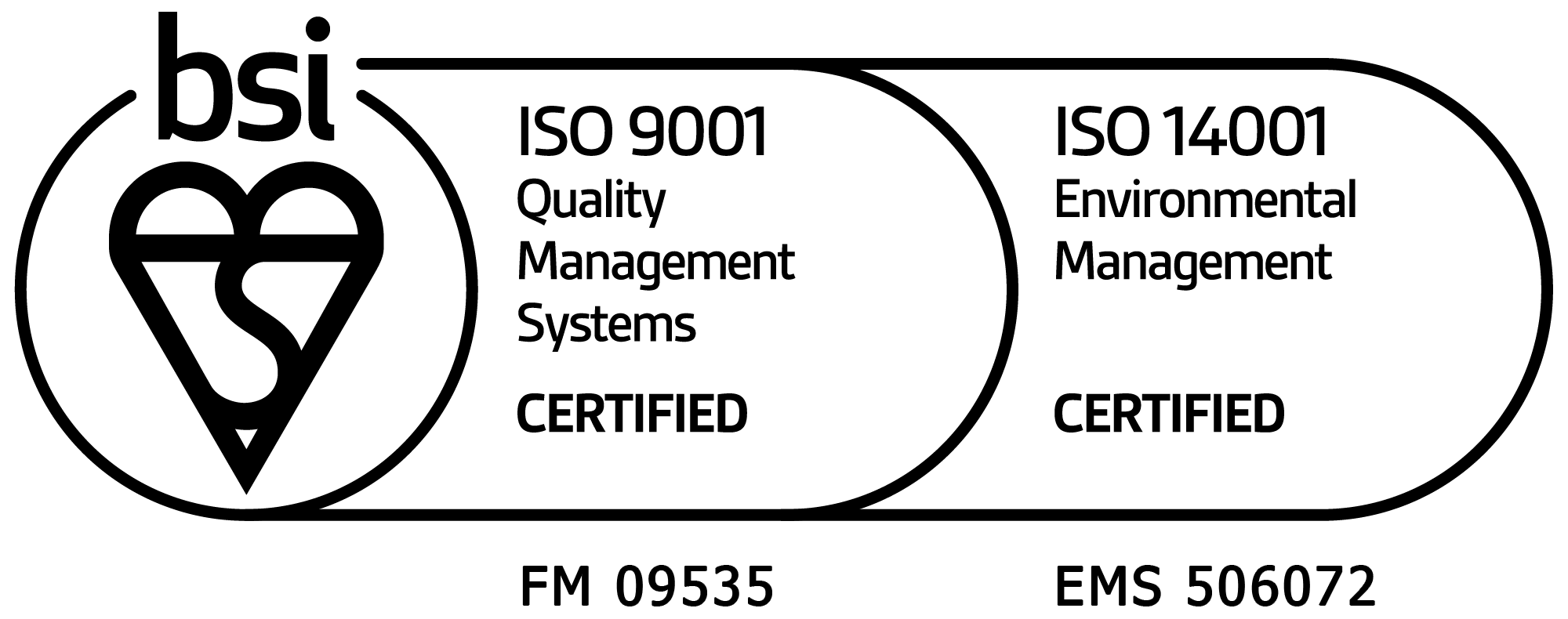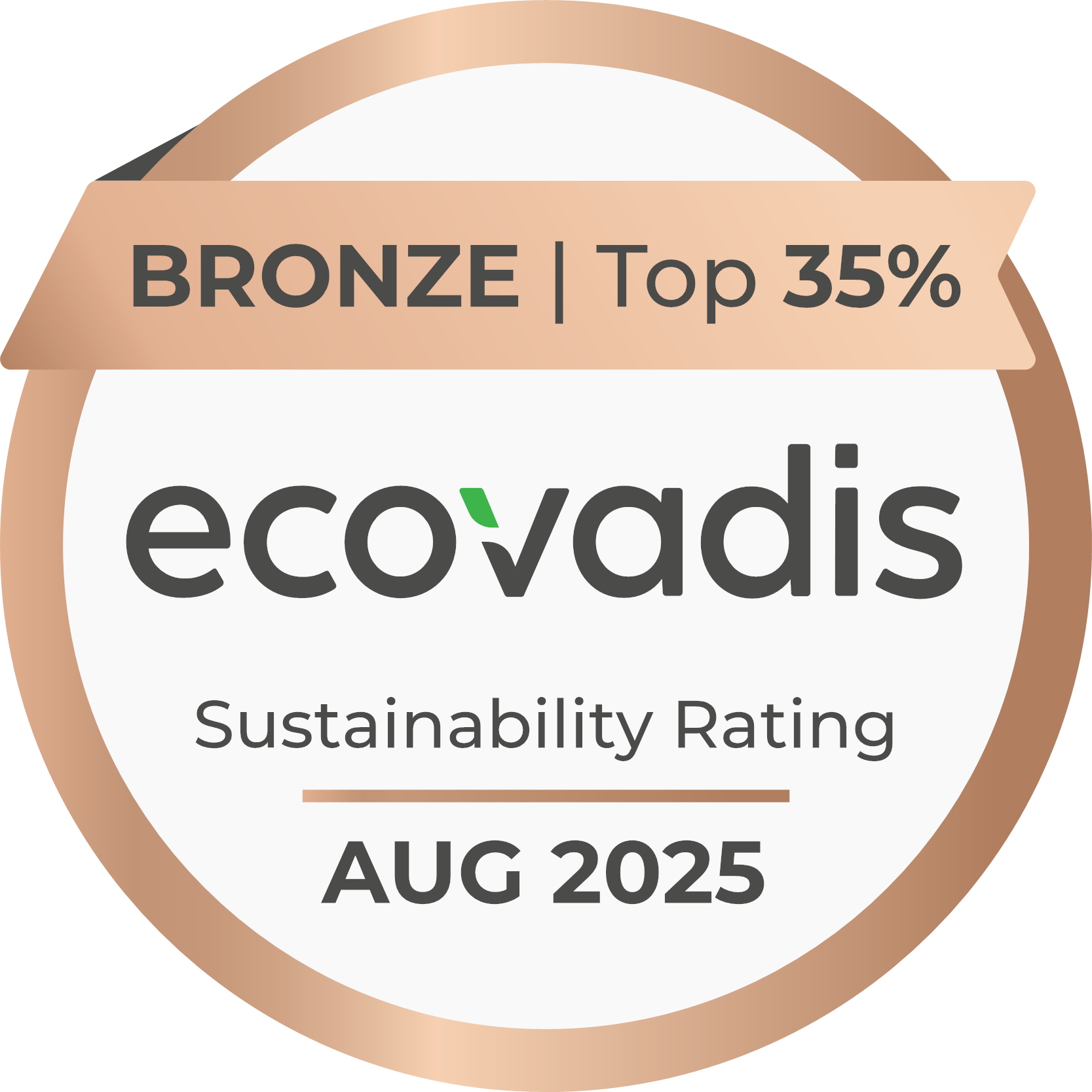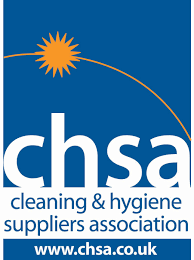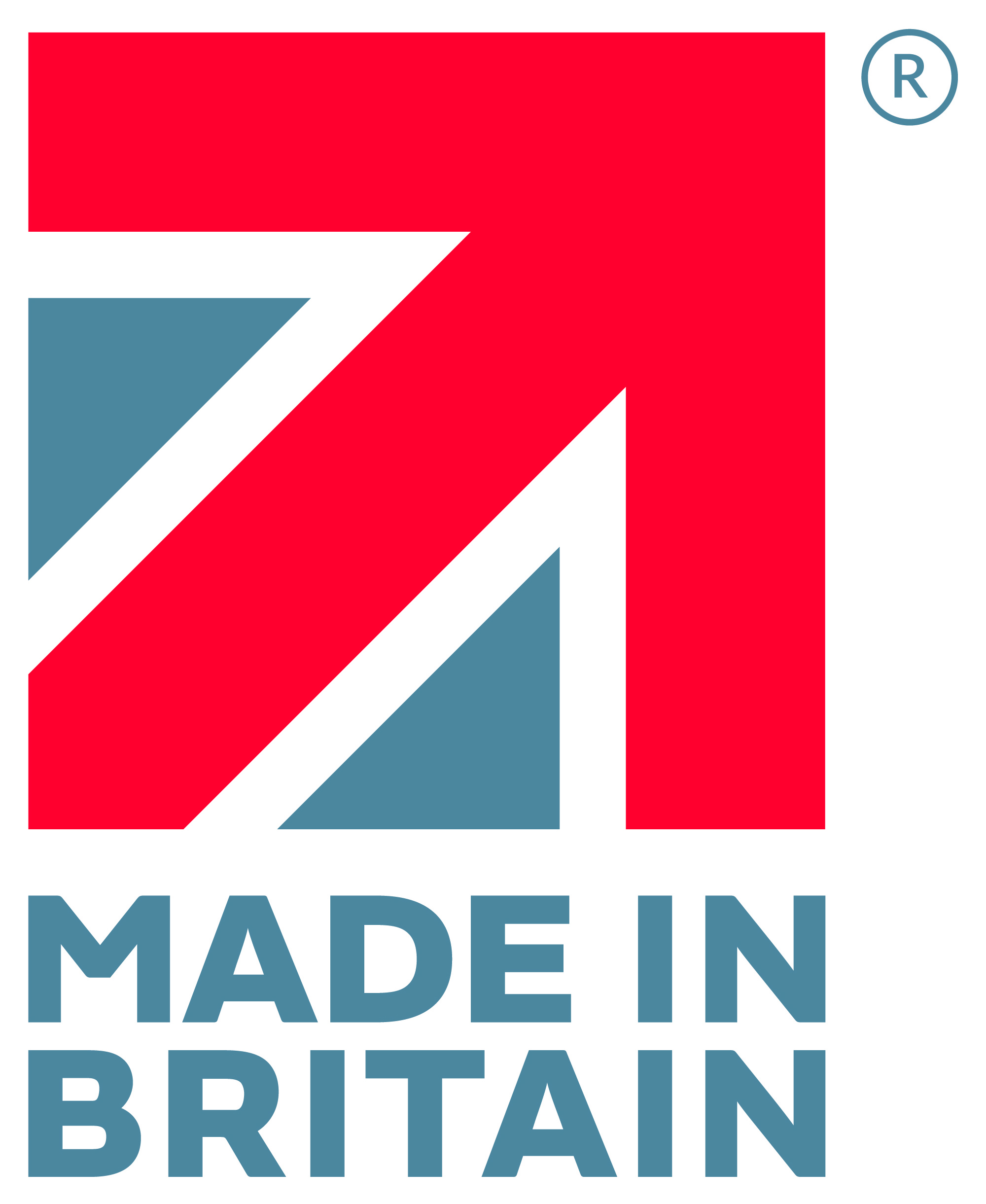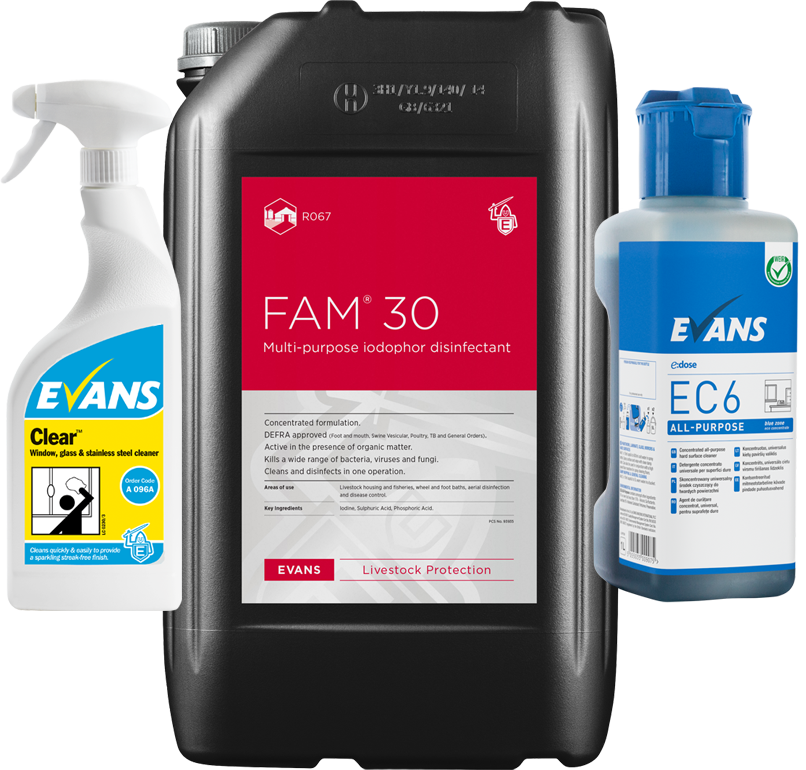2 May 2024
Article originally published 6th April 2016. Updated 2nd May 2024.
An update on the Biocidal Products Regulation and how it may affect you.
Over the last few years, users may have seen some disinfectants on the market disappear, and the label text on others become more complicated. This is due to the Biocidal Products Regulation (BPR), which first came into force in 2012, but is now starting to have a significant effect on the industry. There are now two regulations, the original in the EU and a separate version, created after Brexit, for Great Britain and Northern Ireland.
A biocidal product is a substance which controls harmful or unwanted organisms through chemical or biological means. Common examples are disinfectants, wood preservatives and insect repellents. The Biocidal Product Regulation (BPR) governs how these biocidal products are made available to the European market and how they should be used.
The BPR has two main objectives, firstly to harmonise the biocidal market to enable all companies to compete on a level playing field and secondly to provide a high level of protection for the operator and the environment, by ensuring all biocidal products are assessed for risk and efficacy.
The registration process is split into two stages; firstly, the active substances (raw materials) are registered and secondly the biocidal products which contain those actives (ie a bactericidal disinfectant). The active and the biocidal product must both be registered for a specific use, known as a Product Type, and it must not be used for any other purpose. For example, a product registered as a disinfectant for washroom surfaces must not be used as a disinfectant for kitchen surfaces. Under BPR there are 22 different Product Types, ranging from human hygiene products to antifouling paints; Evans Vanodine has products under 5 of these Types.
As of 1st of September 2015, all biocidal active substances must be purchased from a supplier who is part of the active assessment process and whose products appear on the Article 95 list of approved suppliers for EU and GB biocidal actives. Evans Vanodine, and other similar companies, can now only manufacture disinfectants, for sale in GB and European markets, by using an approved active substance which is included on the Article 95 list.
Over the next few years, as products are authorised, the product label will change to show:
- The authorisation number
- The type of organism(s) killed – eg bacteria, fungi, viruses
- The specific areas of approved use (the product must not be used for any other purpose)
- Requirements for Personal Protective Equipment for each stage of use
- Detailed directions for use, with dilution rates, application types and contact times
- Product disposal instructions
- Professional and / or amateur use
As an extra safeguard for the users of biocidal products, the BPR makes the distinction between ‘Professional’ and ‘Amateur’ users. Commercial or industrial use biocides will be labelled "For professional use only" and should only be used by those who have had the appropriate information, instruction and, most importantly, training. Evans Vanodine only manufactures products for the professional market.
Authorising biocidal products is an expensive process. The costs involved continue to increase, but, including the laboratory work and authorisation fee, we estimate that a biocidal product will cost at least £1000,000 to authorise for a period of ten years. Due to the high costs involved, and possibly due to the lack of authorised active substances, companies may well rationalise their disinfectant ranges and no doubt many will disappear from the market. This is particularly true now the GB market has separated from the EU.
These costs will have to be passed on but, as the market is very competitive, we suspect the increase will be minimal.
Despite the extra work and cost, we believe that it is very important to have safeguards in place to ensure biocidal products can be used without causing harm to people, the environment or wildlife. We also believe the BPR will help eliminate false claims made by some companies on labels and on literature, in particular with regards to bactericidal properties.
You can find out more about GB BPR via the HSE website https://www.hse.gov.uk/biocides/
And about the EU BPR https://echa.europa.eu/regulations/biocidal-products-regulation/understanding-bpr
or contact us via web, email or phone.






